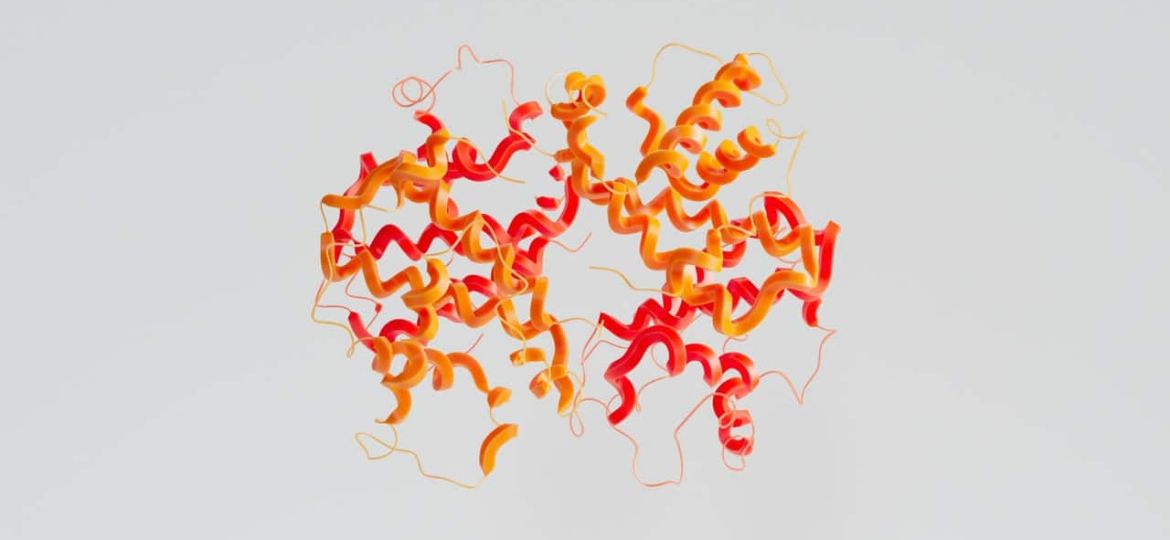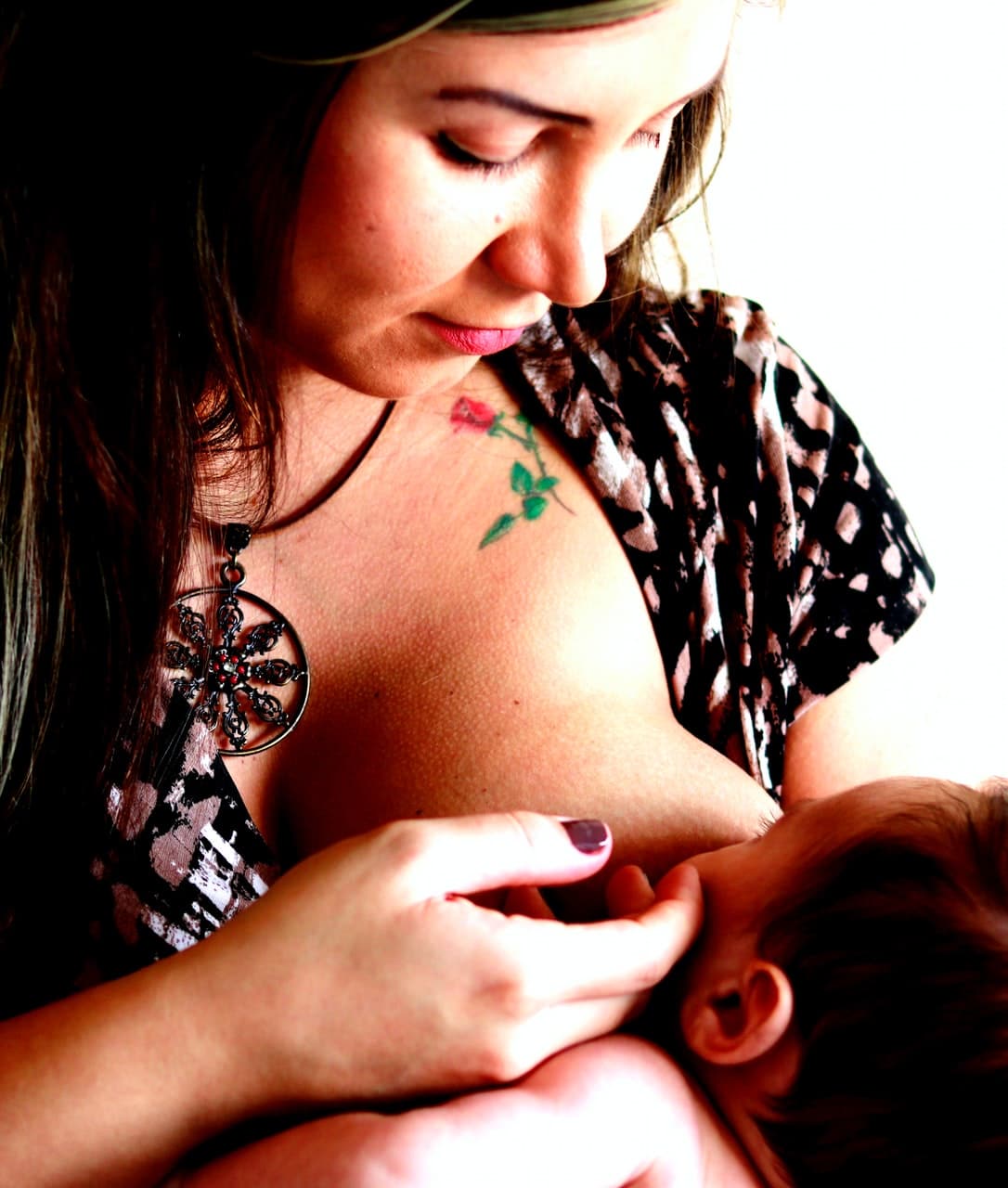
The World Health Organization recommends exclusive breastfeeding until 6 months of age and breastfeeding in addition to a varied diet until the age of 2 years. It is undeniable that breast milk is the most suitable food for infants, but what about the antibodies present in this milk?
Breast milk antibodies are at their peak in the days following birth
Colostrum, the yellowish milk produced during the first days of a newborn’s life, is very rich in antibodies. This is why doctors recommend that the baby be put to the breast within two hours of birth. Breast milk contains several types of antibodies and molecules that stimulate the baby’s immunity. Immunoglobulins, especially in the form of IgA, neutralize infectious agents (microbes). Sugars, including lactose and oligosaccharides, promote the development of intestinal flora, which is essential to the immune system. The mother’s leukocytes (white blood cells) continue to act in the baby’s intestine. Lactoferrin allows a better absorption of iron and a decrease in infections. The composition of breast milk gradually changes to provide more fat and protein to support the baby’s growth, while antibody levels decrease. IgA levels decrease by 90% after one month. Sugar diversity, white blood cell count and lactoferrin concentration also decrease over the weeks.
Highly effective protection against microbes in baby’s environment
The antibodies most present in breast milk are IgA immunoglobulins, particularly secretory IgA. These antibodies, which are found in large quantities in the respiratory and digestive systems of adults, are produced as soon as the mother is in contact with microbes (viruses, bacteria, etc.). They are formed by two IgA molecules joined by a component that prevents the degradation of the immunoglobulin by the digestive juices. These antibodies pass into the mother’s milk and are absorbed by the baby. They target pathogenic microorganisms present in the environment of the mother and the baby. The infant thus receives the antibodies it needs most: those that attack the infectious agents with which it is in direct contact. Secretory IgA antibodies have another advantage: they act without causing inflammation, which is a plus because the baby’s body is still immature and fragile.
Breastfeeding, the ideal complement to vaccination
During the last two months of pregnancy, antibodies are transmitted to the fetus through the placenta. These are mainly IgG antibodies, which the body acquires following an infection or vaccination. For example, if the mother had measles as a child, or was vaccinated with MMR, she will transmit specific IgG antibodies to her child during the pregnancy. These antibodies will remain in the baby’s body for a few weeks to a few months, which protects it from a certain number of serious diseases (provided that the mother has been vaccinated against these diseases). However, these IgG antibodies do not pass very much into the breast milk, which is why respecting the vaccination schedule is fundamental even for breastfed babies: vaccines take over to protect the child against serious diseases, while the antibodies in the mother’s milk protect the child from benign diseases caused by microbes present in the environment (colds, ear infections…).
Mixed breastfeeding, using a breast pump and freezing breast milk
Breastfeeding is sometimes fraught with difficulties: the baby is not suckling well, the mother is too tired… How can the newborn benefit from the antibodies present in the mother’s milk in these cases? Providing him with his mother’s colostrum within hours of birth, obtained if necessary with a breast pump, already gives him a good start. With mixed breastfeeding, the child benefits from a lesser supply of immunoglobulins than if he or she is breastfed 100%, but this still protects him or her against the microbes present around him or her. If the mother is forced to express her milk, it will contain almost the same components as if the baby is breastfed. This is because when the baby feeds, he deposits his saliva on the nipple, which in turn stimulates the mother’s immune system to produce new antibodies for the next feeding. As for the freezing of breast milk, it seems to preserve most of the molecules useful for the stimulation of the immune system.
Breastfeeding, especially in the first months of life, is an asset to protect the baby from infections, thanks to the antibodies it contains.


